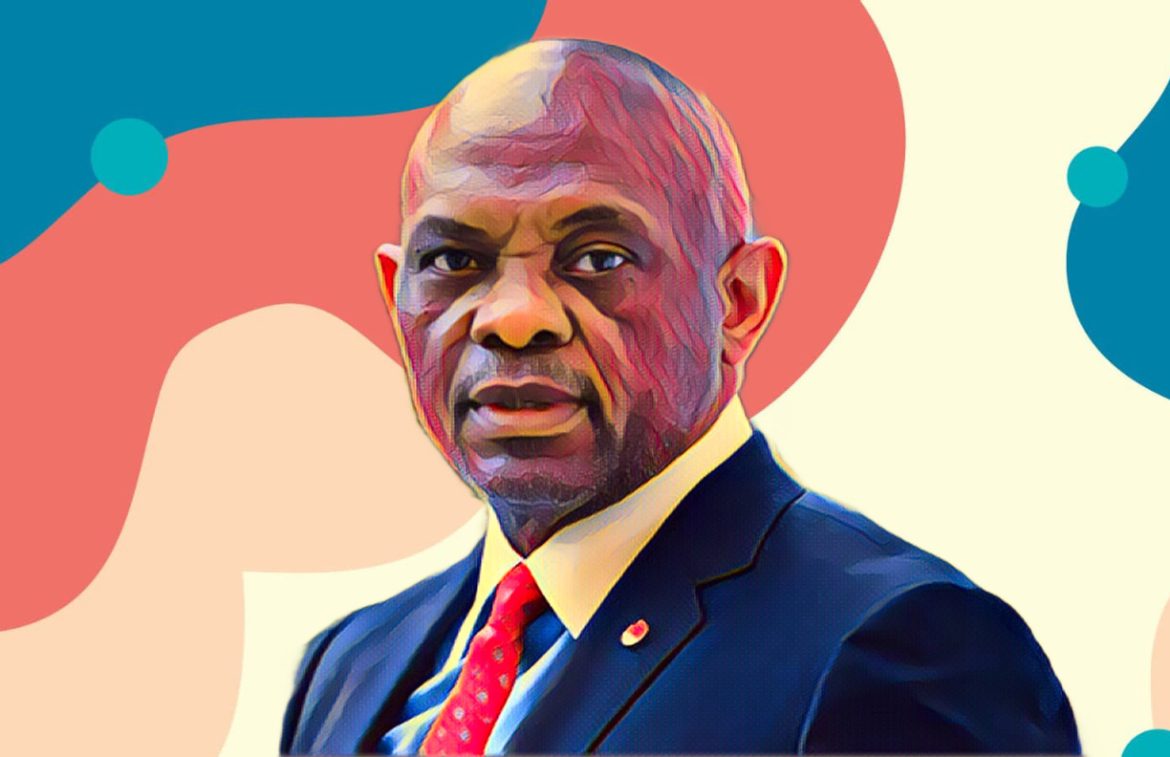The Nigerian power sector faces a severe financial crisis due to an inability to settle debts exceeding N2 trillion owed to power generation companies (GenCos) by the Nigerian Bulk Electricity Trading PLC (NBET). This was revealed by Tony Elumelu, the Board Chairman of Transcorp Group, during the 2023 annual general meeting of the conglomerate in Abuja.
Elumelu highlighted that GenCos are essentially subsidising electricity supply in Nigeria, which has resulted in negative impacts on power supply reliability for homes and industries.
“The power sector is designed to function in a cycle that ensures liquidity flow and payment assurance, which in turn sustains the reliable flow of electricity from GenCos to end users,” Elumelu explained. “The distortion in the liquidity flow in the sector is huge and typified by the debt owed to GenCos by NBET, currently over N2 trillion. We are owed N250 billion as of March 2024. Technically, GenCos are subsidizing the sector by continuing to generate power despite the huge debts owed to them. This has impacted negatively on the ability of GenCos to pay their gas suppliers, thereby impacting the quantity and reliability of gas supply to GenCos as well as investment in generation.”
Elumelu noted that the privatisation of the power sector, which began in 2012, has only been partially completed. The government retains full ownership of the Transmission Company of Nigeria (TCN) and holds a 40 percent share in GenCos and some interest in distribution companies (DisCos), a structure Elumelu believes hinders the sector’s efficiency.
He urged the government to implement a project finance regime to attract private sector investment necessary to complete ongoing TCN projects, suggesting a scheme where the investments could be repaid through a tolling arrangement.
“For the energy sector to run efficiently, the federal government should come out with a clear timeline for the full privatisation of the power sector, starting with the DisCos and TCN,” Elumelu stated. “I look forward to a fully reformed and unleashed Nigerian power sector, fully contributing, as it must, to Nigeria’s economic renaissance and social rebirth.”
Elumelu also emphasized the importance of addressing the metering needs within the Nigerian power sector, noting that it would bring multiple benefits including reinstating customer trust in operators, ensuring revenue protection, and improving the integrity of data used within the sector.
Despite these challenges, Transcorp has shown significant financial growth. The company’s gross earnings for the year increased by 47 percent, rising from N134 billion in 2022 to N197 billion. Profit before tax saw an impressive increase of 94 percent, climbing from N30 billion in 2022 to N59 billion.
Additionally, Transcorp’s total assets increased by 20 percent to N530 billion, driven by growth in operating revenue and cash flow. Shareholders’ funds also grew by 21 percent, from N155 billion to N187 billion, driven by retained profit for the period.
Elumelu’s statements reflect the urgent need for financial restructuring and full privatisation in the Nigerian power sector. He suggests that with appropriate reforms, the sector could significantly contribute to the country’s economic development.
The financial instability in the power sector has far-reaching implications, affecting everything from the reliability of electricity supply to the economic viability of power generation companies. As GenCos continues to operate under financial strain, their ability to invest in necessary infrastructure and maintain consistent power supply is severely compromised.
The current situation has created a vicious cycle where insufficient funding leads to inadequate power generation, which in turn exacerbates the financial woes of GenCos and the broader power sector. Elumelu’s call for a comprehensive and urgent solution highlights the critical need for policy reforms and increased investment to stabilise the sector.
The Nigerian government’s role in this crisis is pivotal. By setting a clear path for full privatisation and ensuring a transparent and fair financial system within the power sector, it can restore investor confidence and create a more sustainable and efficient energy market. This, in turn, would alleviate the financial burden on GenCos and improve the overall reliability of power supply in Nigeria.
The situation also underscores the importance of effective regulation and oversight in the power sector. Ensuring that companies adhere to financial commitments and that there is accountability for the funds allocated to power projects is essential for the long-term stability and growth of the sector.
The Nigerian power sector is at a critical juncture. The substantial debts owed to GenCos are unsustainable and threaten the sector’s ability to function effectively. Urgent action is required to address these financial challenges, complete the privatisation process, and implement reforms that will ensure the sector can meet the needs of Nigeria’s growing population and economy. With the right measures in place, the power sector can become a driving force for Nigeria’s development, contributing to a more stable and prosperous future.
Source: The Guardian


